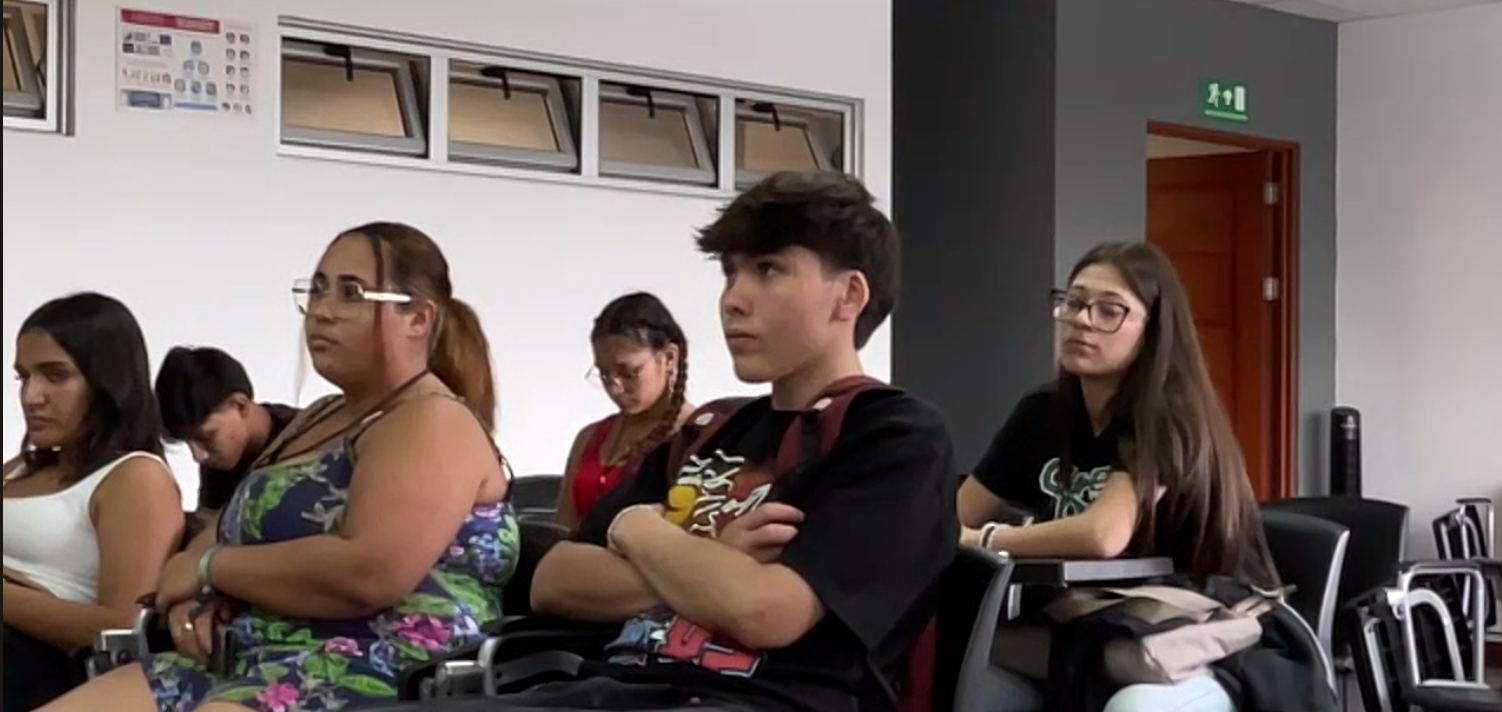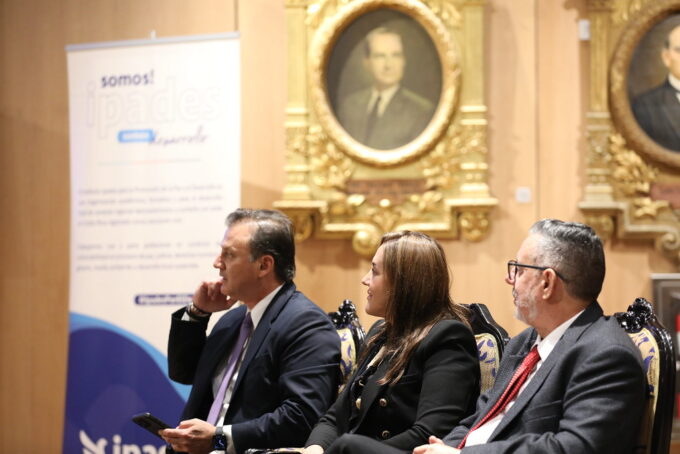University Week 2025: Youths Confronting Authoritarianism in Central America
University Week 2025, organized by the Federation of Students of the National University (FEUNA) in Costa Rica, brought together young university leaders from Guatemala, El Salvador, and Nicaragua for a space of analysis on the challenges facing higher education in the region. Under the slogan “Youth in Resistance,” participants discussed threats to academic freedom, student rights, and institutional deterioration in contexts marked by authoritarianism.
This gathering enabled the exchange of experiences and resistance strategies in the face of censorship, criminalization, and state intervention in universities. At the heart of the debate was the defense of academic freedom as an essential principle for democratic development: the right to teach, learn, and express oneself without political interference.
Three Contexts, One Shared Concern
Guatemala: USAC as a Contested Space Bayron García, president of the Student Association of the University of San Carlos (USAC), described how the university has been co-opted by structures linked to political power. Fraud in the 2022 rector election triggered a wave of student protests, police repression, and judicial persecution. Given its constitutional role, USAC has become a battleground between critical thought and authoritarianism.
Student responses have included alliances with unions, Indigenous communities, and social organizations, as well as reclaiming university spaces through cultural and academic activities.
El Salvador: Culture as a Tool for Reconstruction Andrea Hernández, Sociology student and Secretary General of the Salvadoran Student Force, described a process of demobilization worsened by the pandemic and state intervention in the University of El Salvador. Repression has included arbitrary detentions and censorship of academic content.
In response, students have turned to culture as a means of expression and reconstruction: film, poetry, murals, and community gatherings. Their vision is for public education that fosters critical thinking and civic participation.
Nicaragua: IPADES and Organizing from Exile Enrique Martínez, from the Institute for Peace and Development (IPADES), shared the Nicaraguan experience. After participating in the 2018 university protests, he was expelled and persecuted by the regime, leading to his exile in Costa Rica. From there, he has continued his education and activism, promoting youth participation and raising awareness about the country’s situation.
IPADES has become a platform for strengthening civil society, building regional networks, and defending academic freedom as the foundation of democracy.
Common Axes of Resistance
- Academic Freedom as a Fundamental Right University youth defend the right to think, research, and express themselves freely. Censorship and state repression pose direct threats to this principle.
- Criminalization and Censorship as Control Mechanisms Arbitrary detentions, judicial persecution, and content censorship are reported in all three countries. These practices aim to demobilize and fragment youth organizing.
- Culture and Community as Forms of Resistance Art, culture, and university life have become tools to rebuild spaces of freedom and social cohesion.
- Regional Networks as a Strategy for Coordination Cooperation among student movements enables the sharing of lessons, visibility of struggles, and construction of common agendas against authoritarianism.
- Political Participation as an Extension of University Leadership Student leadership goes beyond the campus and projects itself into civil society, public policy formulation, and the defense of democratic values.



